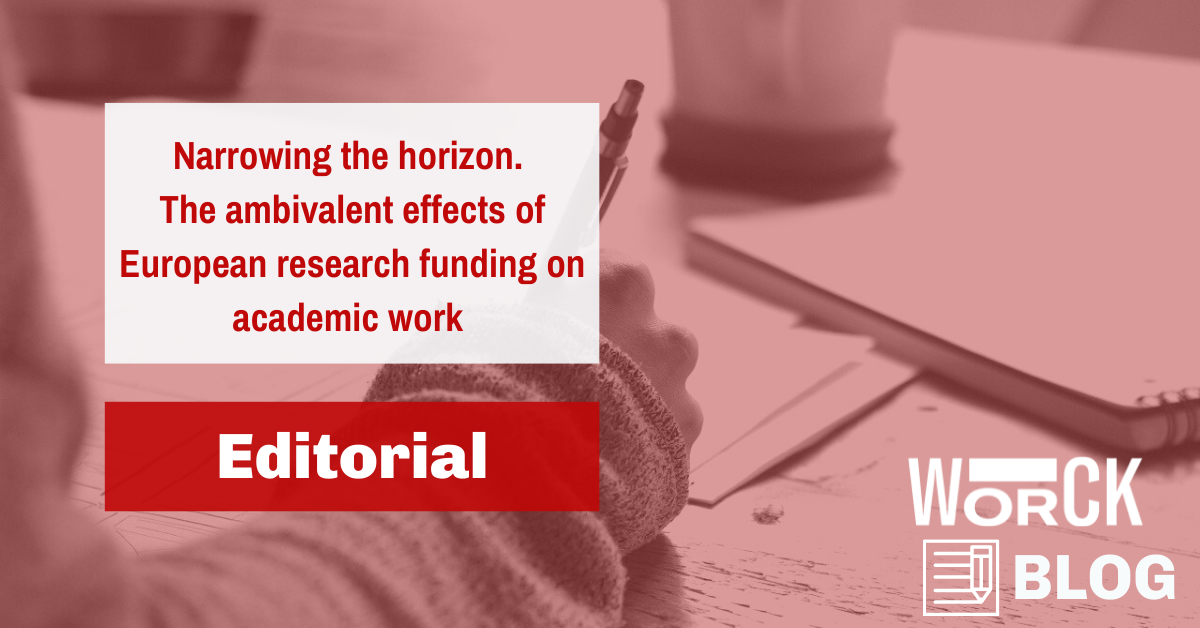Edited by Peter-Paul Bänziger, Universität Basel
The European research funding, as it is provided not least with the COST Actions, undoubtedly has its positive sides. Not least, it supports cooperation beyond linguistic and regional borders and thus contributes to the emergence of a true European research area. But there are also problematic sides. Firstly, this concerns language. Despite linguistic diversity and multilingualism being constitutive for present-day societies, European research funding reinforces the dominance of the English language. This is accompanied by a structural preference for native speakers, which is not least reflected in the job market. As of today, however, little thought is given to the role of the English language in research, and in the European research area in particular, and the associated hierarchies and exclusion mechanisms.
Yet language is not the only problematic aspect of European research funding. To some extent linked to Anglo-American hegemony is, secondly, the homogenisation of the projects themselves and of the review process. In terms of structure, argumentation, and style, applications are becoming increasingly similar. Thirdly, the single funding instruments are characterised by a technocratic way of thinking, which is often well-intentioned but has highly ambivalent effects. For example, when we talk about Inclusiveness Target Countries (ITC), the differences in wealth and power are both problematised and reinforced.
WORCK blog: post series #2 aims to provide a space for sharing experiences with and critical reflections on European research funding. In the context of the COST Action “Worlds of Related Coercions in Work “, it also wants to contribute to a discussion of the constraints to which academic work itself is subject. In order to live up to the linguistic diversity of Europe, the texts are published in two languages each.
